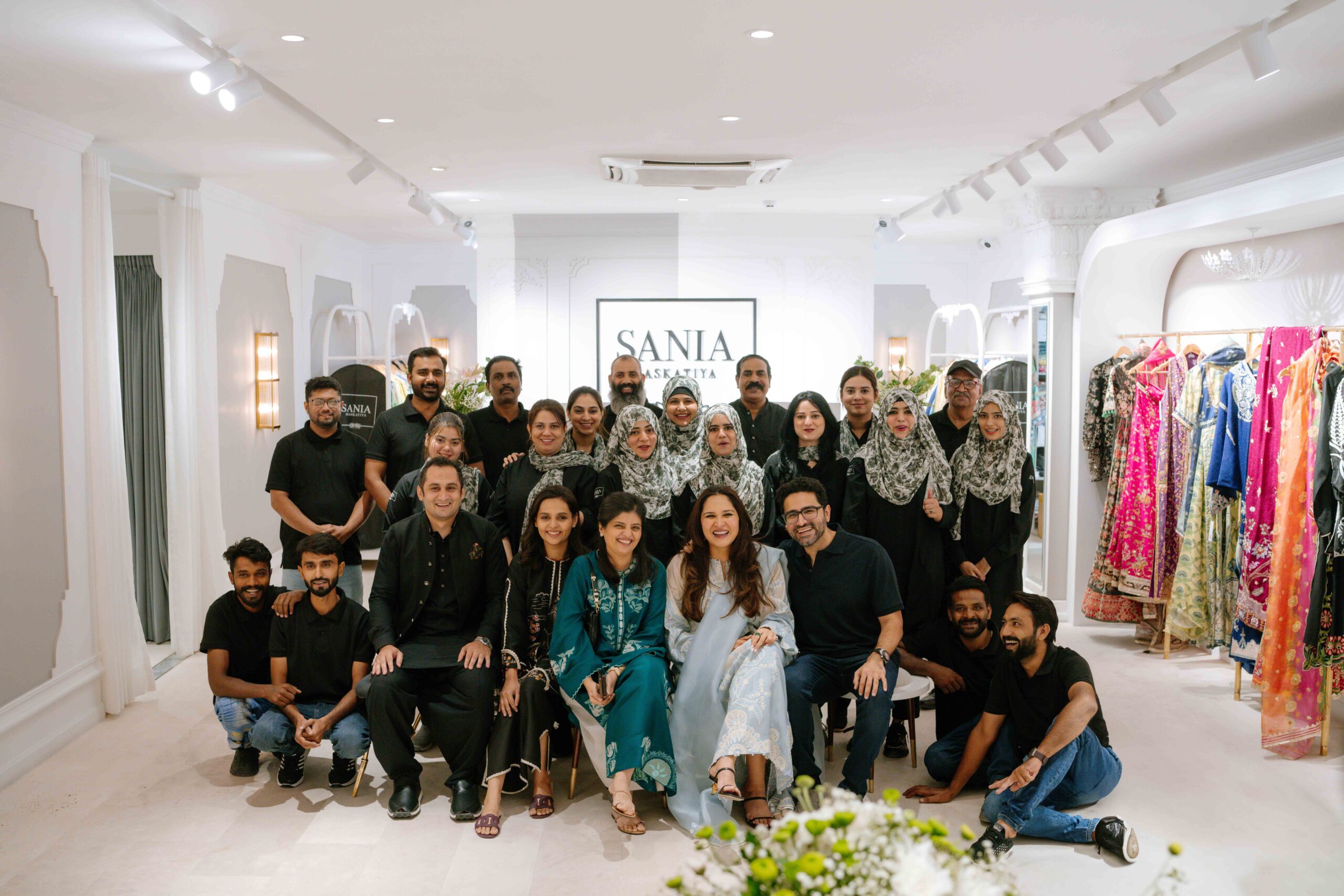Now Reading: Misyar Marriage Unveiled: Flexibility, Controversy, and Tradition
-
01
Misyar Marriage Unveiled: Flexibility, Controversy, and Tradition
Misyar Marriage Unveiled: Flexibility, Controversy, and Tradition

Misyar marriage, often termed “traveler’s marriage,” is a legally recognized form of marriage in some Sunni Islamic traditions, particularly prevalent in parts of the Arab world. It involves a formal contract with the essentials of Islamic nikah—mutual consent, witnesses, and a mahr—but allows couples to waive certain rights, such as cohabitation, financial support (nafaqa), or equal time allocation in polygamous setups.
Unlike a conventional marriage, the husband may not provide a shared home, and the wife may retain her residence. Misyar is actually a permanent union, distinguishing it from mut’ah, a temporary marriage exclusive to Shia Islam and rejected by Sunnis. While mut’ah has a predetermined end date, misyar’s duration is indefinite, aligning with Islamic principles despite its unconventional terms.
Acceptance in Saudi Arabia and the Arab World
In Saudi Arabia, misyar (مسيار)enjoys significant acceptance, fueled by economic and social dynamics. A 2014 Arab News report called it a “widespread reality,” and a 2021 Arab Weekly piece highlighted its growing prevalence, attributing it to high traditional marriage costs. Men, including those with existing wives or frequent travelers, favor it for its flexibility, while women—often widows or divorcees—use it to secure companionship without uprooting their lives.
Saudi clerics like Abdullah bin Sulaiman bin Mani uphold its legality under Sharia, provided basic conditions are met, cementing its place in the kingdom.
Elsewhere in the Arab world, acceptance varies. Gulf states like the UAE and Qatar show moderate uptake, but in Egypt, despite a 2013 Dar Al-Ifta fatwa affirming its validity, it’s less embraced and often seen as a Saudi import.
North Africa (e.g., Morocco) and the Levant (e.g., Jordan, Syria) largely resist it, preferring traditional nikah, with urban and educated Arabs viewing it skeptically.
Criticism of Misyar Marriage
Misyar marriage faces sharp criticism across religious, social, and ethical lines. Scholars like Javed Ahmad Ghamidi argue it undermines the Qur’anic ideal of marriage (Surah An-Nisa 4:21) as a mutual, supportive partnership, reducing it to a convenience-driven arrangement.
Critics, including some Saudi voices like Grand Mufti Abdul Aziz Al-Sheikh, warn of its misuse, suggesting it can exploit women who waive rights under duress, leaving them financially or emotionally vulnerable. The practice’s secretive nature—often hidden from families—draws accusations of fostering social instability and stigma, earning it the label “secret marriage.”
Feminists and progressive Arabs contend it disadvantages women, offering men a loophole to evade responsibilities while women risk neglect if husbands renege on informal promises. Additionally, its resemblance to mut’ah in practice, despite legal differences, fuels opposition from traditionalists who see it as a distortion of Sunni marriage norms.
Final Words
Misyar marriage, distinct from mut’ah by its permanence, offers a flexible yet contentious alternative to traditional nikah. Widely accepted in Saudi Arabia for pragmatic reasons, its popularity fades in much of the Arab world, where cultural and religious norms resist its deviations.
Critics highlight its potential for exploitation, secrecy, and dilution of marital sanctity, keeping it a polarizing topic. As a balance between necessity and tradition, misyar reflects the complexities of modern Arab societies, but its criticisms ensure it remains under scrutiny.










